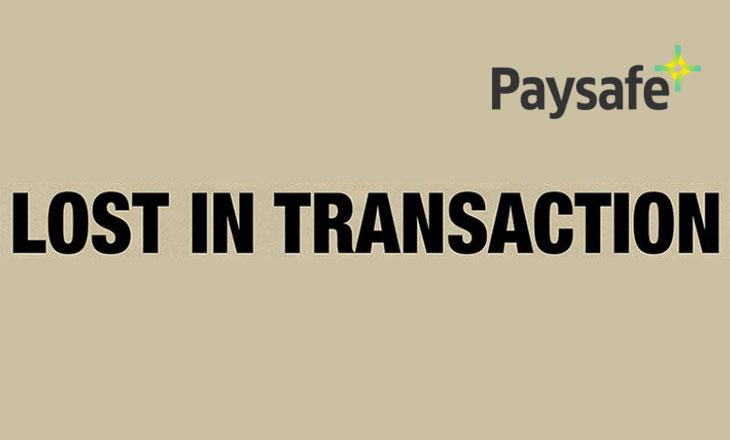Payments services company Paysafe Group Plc (LON:PAYS) report reveals merchant focus on convenience at the expense of security is a false economy
More than half (55%) of consumers think fraud is an inevitable part of shopping online, according to new research conducted by Paysafe.
In a wake-up call for online business, the Lost in Transaction report contradicts the widely-held belief that consumers value convenience and experience over security when shopping online. Instead, 58 percent of consumers are willing to accept any security measures needed to eradicate fraud, while two thirds (65 percent) are open to the introduction of more secure payment processes such as two-factor authentication.
By contrast, only a third (36 percent) of businesses believe their customers would favour tighter security, and nearly two thirds (62 percent) think longer verification processes increase their risk of losing customers. In fact, only 1 in 10 consumers abandon online shopping carts due to payment security taking too long; while the most significant driver of abandoned carts is hidden transaction fees and delivery charges, according to 42 percent of consumers.
One further key issue highlighted by the report is the trade-off merchants face when balancing risk and revenue generation. 65 percent of businesses surveyed want to increase customer sign-ups and transaction volumes by reducing risk thresholds for ID verification. But 74 percent also want to produce more effective verification measures to reduce fraudulent transactions, a potential conflict with their revenue ambitions.
These conflicting views exist even though transactional fraud is a top priority in the boardroom, according to three quarters of businesses (71 percent). In addition, 43 percent of merchants say that over 5 percent of their transactions are fraudulent. In this context, 8 out of 10 businesses expect to increase spend on fraud in the next 12 – 24 months, typically by at least 10 percent.
Commenting on the research, Danny Chazonoff, Chief Operating Officer, Paysafe stated:
The challenge facing merchants is clear. It’s about achieving the right balance between delivering the most frictionless consumer experience possible, while enhancing verification methods to reduce risk thresholds. The interplay between risk and convenience is about more than just technology.
Another way in which businesses intend to tackle fraud is by reducing their dependence on traditional payment methods. Nearly 40% of businesses would like to see a decline in payment by credit cards, with debit cards and cheques not far behind. The susceptibility of these payment methods to fraud is a significant factor, with credit cards being ranked as the most vulnerable to fraud by 60 percent of respondents, followed by cheques (42 percent) and then debit cards (37 percent). This is an area where consumer and business views align – nearly a quarter of consumers have experienced credit card fraud in the last year, with almost one in five receiving no reimbursement.
The desire to phase out traditional payment channels is matched by a corresponding business interest in emerging payment methods. A quarter of businesses are likely to introduce voice-activated systems like Alexa within 2 years, while 18 percent favour some form of biometric payment and one in five are looking to introduce cryptocurrencies. This is on top of the 26 percent who are planning to introduce mobile wallets. Consumer behaviour is also helping to drive these changes, with one in four (23 percent) adopting mobile wallets; one in six having used biometric and voice activated systems and 11 percent already using cryptocurrencies for payments.
